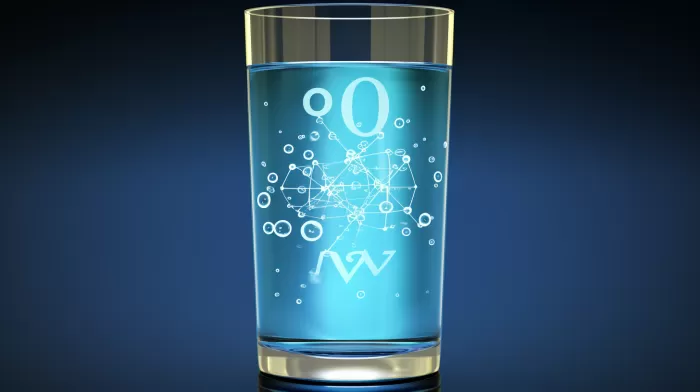We need acid to survive.
It plays a crucial role in our overall health and well-being. However, not all acids are created equal.
Some are beneficial, while others can be harmful.
It’s essential to understand the difference between good and bad acids and how to maintain a proper balance.
Acid in Your Stomach: Good
Despite what pharmaceutical companies and TV advertisers tell us, stomach acid is essential for our health. If we don’t have enough stomach acid, our food won’t break down properly, leading to putrefaction and toxins in the body. These can cause serious health issues and even contribute to the development of cancer.
Hydrochloric acid (HCl) is the only inorganic acid our body produces. As we age, our digestive capacity diminishes, and we produce less HCl. This leads to reduced nutrient absorption and lowered immunity. To compensate, it is recommended to take betaine hydrochloride with meals or consume 1-2 teaspoons of apple cider vinegar in a glass of water before meals.
There is also anecdotal evidence suggesting that hydrochloric acid injections can display positive outcomes and stimulate the body’s resistance. It’s vital to ensure that our stomach acid levels remain adequate.
Acid in Your Tissue: Bad
While acid in our stomach is essential for digestion and overall health, acid in our tissues is detrimental. As we age, we tend to accumulate more acid in our tissues, leading to a shortage of oxygen and breath. Most cells die in an acidic environment, but some can survive and become abnormal – leading to cancer.
The ideal pH level for our body is slightly alkaline. However, our high-acid diets from processed foods cause a buildup of acid. To counteract this, we should drink alkaline water and eat a more alkaline diet. The amount of organic acid we have in our body is directly related to the amount of oxygen available. By reducing acid levels, we can increase oxygen levels and decrease the potential for disease.
Drinking alkaline water provides our body with excess oxygen in the form of hydroxyl ions (OH). When two hydroxyl ions combine, they can form a water molecule (H2O) and release an oxygen atom. Alkaline minerals can detoxify poisonous acid compounds while supplying excess oxygen to our cells, preventing the development of cancer.
Acid on Your Face: Good
Acid water is beneficial when used on the face. It can help keep the skin fresh and clean, protecting against acne and discoloration. pH-balanced cosmetics are actually acidic, and soft water is also acid. Using acid water on your face can maintain a healthy appearance.
Maintaining a Healthy Acid Balance
To ensure you’re maintaining an ideal acid balance, consider the following tips:
- Monitor your pH levels: Using pH testing strips or paper, regularly test your saliva to keep track of your body’s acid levels.
- Adjust your diet: Eat a more alkaline diet, avoiding processed foods and excessive amounts of animal proteins, sugars, and dairy products. Include more vegetables, fruits, and healthy fats in your meals.
- Hydrate: Drink plenty of alkaline water to flush out toxins and supply your body with excess oxygen.
- Exercise: Regular physical activity helps in eliminating acid waste through sweat and deep breathing.
- Manage stress: Stress can lead to high levels of cortisol, which can contribute to acidity in the body. Incorporate relaxation techniques, such as meditation or yoga, to help reduce stress and achieve a healthy acid balance.
In conclusion, understanding the importance of acid in your body and maintaining a healthy acid balance is crucial for your overall health and well-being. Remember the importance of stomach acid, the dangers of excessive tissue acid, and the benefits of acid water on your face. Adjust your lifestyle and diet accordingly to ensure an ideal acid balance and support a healthier, longer life.



